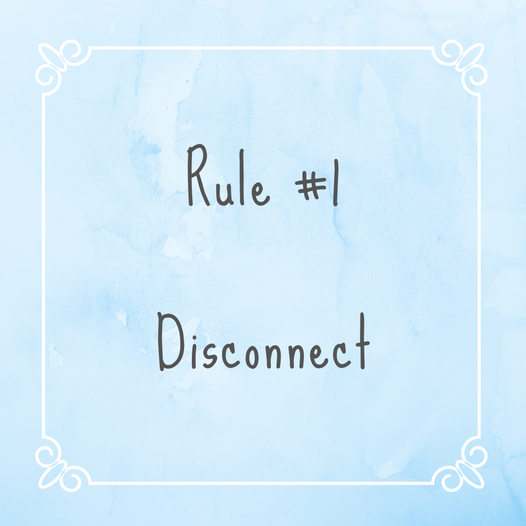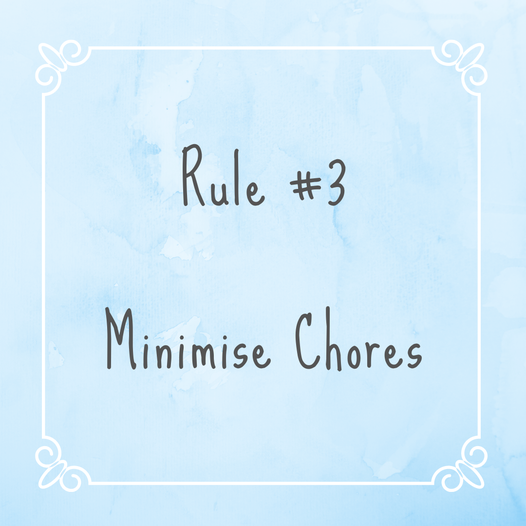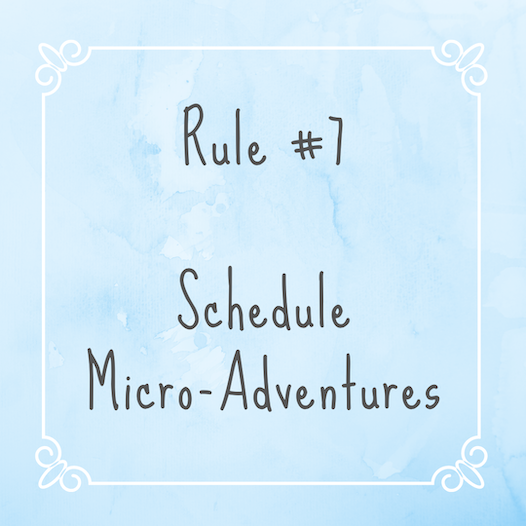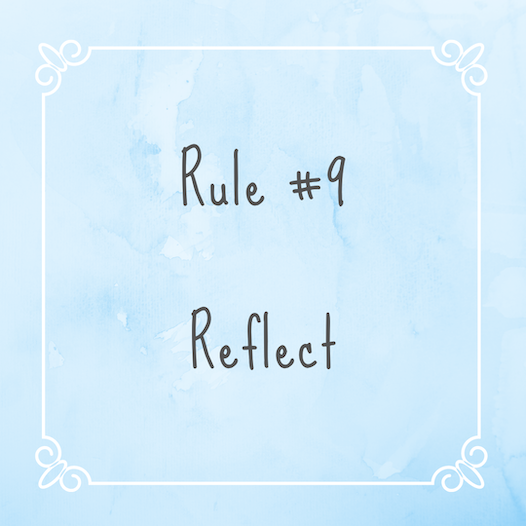Dr Travis Bradberry posted an article back in September 2020 called '10 Powerful Rules That Destroy Stress'. So given the situation we still find ourselves in with Covid19, I thought I would share his rules
Rule 1

Disconnecting is the most important strategy on this list, because if you can't find a way to remove yourself electronically from your work, then you've never really left work.
Making yourself available to your work 24/7 exposes you to a constant barrage of stressors that prevent you from refocusing and recharging. If taking the entire weekend off handling work e-mails and calls isn't realistic, try designating specific times on Saturday and Sunday for checking e-mails and responding to voicemails. For example, allocate a time and limit to check your messages over Saturday/Sunday or both if this helps reduces the pressure . Scheduling short blocks of time will alleviate stress without sacrificing availability.
Rule 2
No time to exercise during the week? You have 48 hours every weekend to make it happen. Getting your body moving for as little as 10 minutes releases GABA, a soothing neurotransmitter that reduces stress. Exercise is also a great way to come up with new ideas. Innovators and other successful people know that being outdoors often sparks creativity.
I know that a lot of my best ideas come to me while I'm walking on the beach freeing up my mind. While you're out in the open the combination of invigorating activity and beautiful scenery creates the perfect environment for an influx of creativity. Whether you're running, cycling, or gardening, exercise leads to endorphin-fuelled introspection. The key is to find a physical activity that does this for you and then to make it an important part of your weekly routine.

Rule 3

Chores have the tendency to monopolize your free time. When this happens, you lose the opportunity to relax and reflect. What's worse is that a lot of chores feel like work, and if you spend all weekend doing them, you just put in a seven-day workweek. To keep this from happening, you need to schedule your chores like you would anything else during the week, and if you don't complete them during the allotted time, you move on and finish them the following weekend.
Rule 4
Spending quality time with your family is essential if you want to recharge and relax. Weekdays are so hectic that the entire week can fly by with little quality family time. Don't let this bleed into your weekends. Take your kids to the park, take your spouse to his or her favourite restaurant, and go visit your parents. You'll be glad you did.

Rule 5
You might be surprised what happens when you pursue something, you're passionate about during your time off. Indulging your passions is a great way to escape stress and to open your mind to new ways of thinking. Things like playing music, reading, writing, painting, or even playing catch with your kids can help stimulate different modes of thought that can reap huge dividends over the coming week.

Rule 6
It's tempting to sleep in on the weekend to catch up on your sleep. Though it feels good temporarily, having an inconsistent wake-up time disturbs your circadian rhythm (and can aggravate depression). Your body cycles through an elaborate series of sleep phases in order for you to wake up rested and refreshed. One of these phases involves preparing your mind to be awake and alert, which is why people often wake up just before their alarm clock goes off (the brain is trained and ready). When you sleep past your regular wake-up time on the weekend, you end up feeling groggy and tired. This isn't just disruptive to your day off, it also makes you less productive on Monday because your brain isn't ready to wake up at your regular time. If you need to catch up on sleep, just go to bed earlier.

Rule 7
Buy tickets to a concert or play, or get reservations for that cool new hotel that just opened downtown. Instead of running on a treadmill, plan a hike. Try something you haven't done before or perhaps something you haven't done in a long time. Studies show that anticipating something good to come is a significant part of what makes the activity pleasurable. Knowing that you have something interesting planned for Saturday will not only be fun come Saturday, but it will significantly improve your mood throughout the week.
Ok, so this rule might need to be put on hold for the next few weeks - but plan for it! 😉

Rule 8
It can be difficult to get time to yourself on the weekends, especially if you have family. Finding a way to engage in an activity you're passionate about first thing in the morning can pay massive dividends in happiness and cleanliness of mind. It's also a great way to perfect your circadian rhythm by forcing yourself to wake up at the same time you do on weekdays. Your mind achieves peak performance two-to-four hours after you wake up, so get up early to do something physical, and then sit down and engage in something mental while your mind is at its peak.

Rule 9
Weekly reflection is a powerful tool for improvement. Use the weekend to contemplate the larger forces that are shaping your industry, your organisation, and your job. Without the distractions of Monday to Friday busy work, you should be able to see things in a whole new light. Use this insight to alter your approach to the coming week, improving the efficiency and efficacy of your work.

Rule 10
The weekend is a great time to spend a few moments planning your upcoming week. As little as 30 minutes of planning can yield significant gains in productivity and reduced stress. The week feels a lot more manageable when you go into it with a plan because all you have to focus on is execution.






